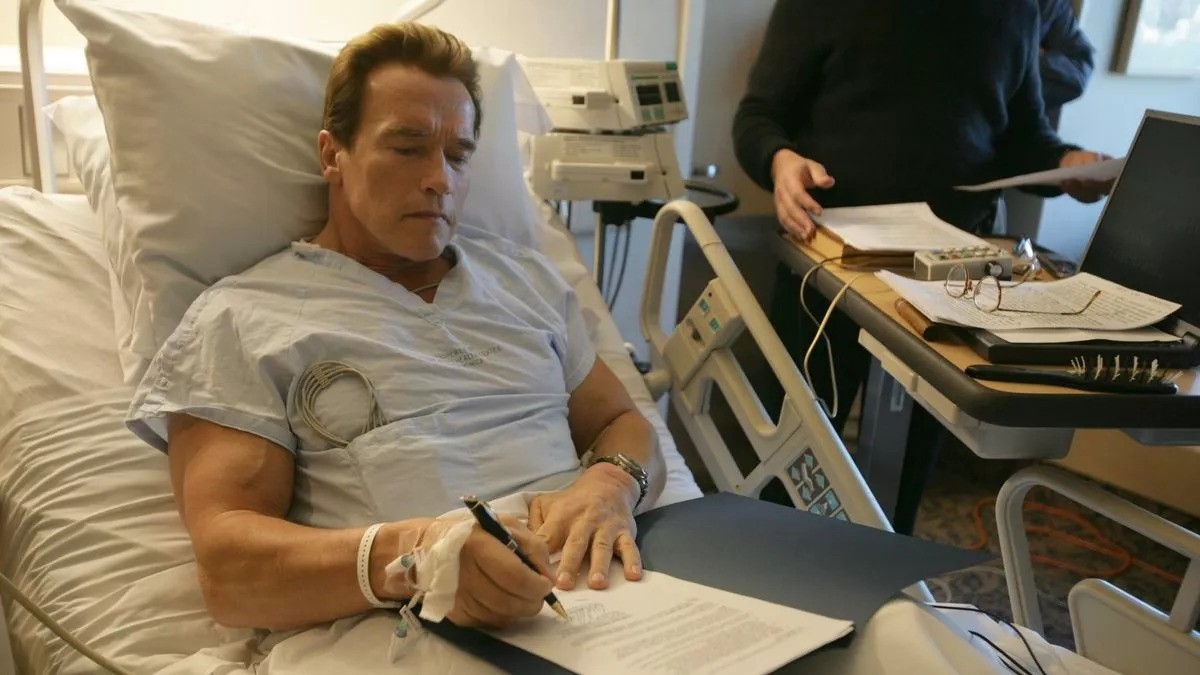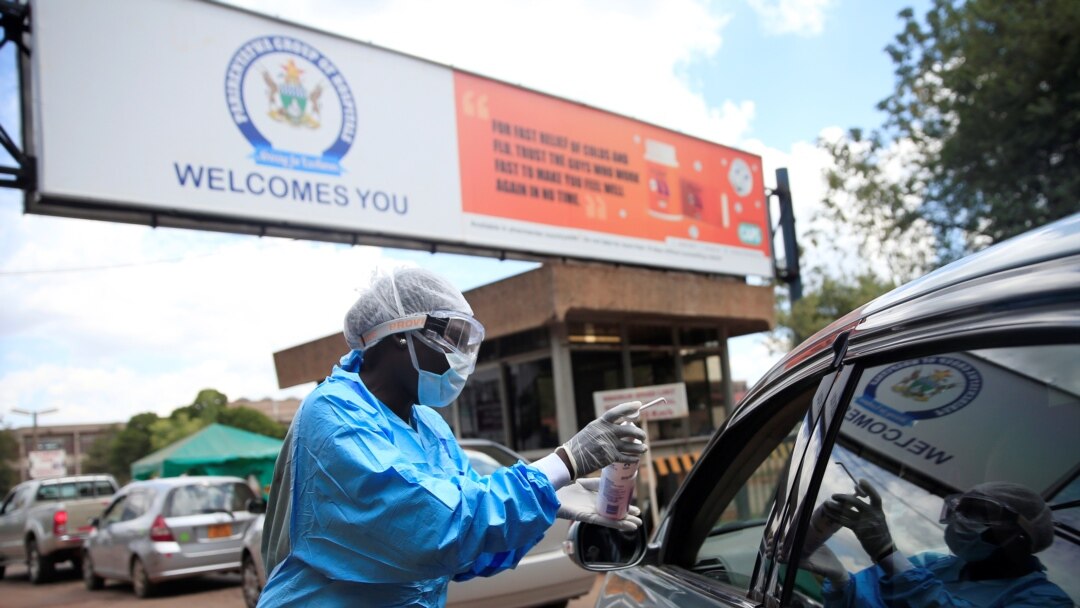FEMALE university students are fuelling the spread of HIV in Zimbabwe, officials say, as the population becomes a headache for the Health ministry.

This comes as poverty and hunger at the institutions has been named as one of the major drivers of HIV as young women turn to “sugar daddies” for financial support.
Health and Child Care minister David Parirenyatwa said officials from his office and development partners should look for ways “to close the tap” of new infections caused by the key populations.
“The second tap is among the young people, particularly young women and girls especially in colleges of higher learning and universities, that’s where HIV has shot up,” Parirenyatwa said at a meeting attended by health experts and partners.
“So the challenge is how do you close that tap at the universities, how do you close that tap? It’s a big challenge.
“I hope that when we get more porta–cabins (prefabricated cabins), one porta-cabin will be at the university, one at polytechnic and so forth.”
According to the National Aids Council statistics, one of the country’s biggest universities, Midlands State University, with an enrolment of 23 000 is the major driver of the Midlands Province’s high rate of HIV, with cases of sexually-transmitted infections shooting from 5 814 to 6 727 in one year.
A projected 1,5 million people are living with HIV in Zimbabwe, with about 790 000 estimated to be women above the age of 15 years.
However, a female student’s rights advocacy organisation, Female Students Network (FSN), said it was regrettable that the authorities were focused on girls, and not the people whom the female students were involved with.
“Firstly, I am worried on how that conclusion was reached, and I do not think it’s true that the females are fuelling the rate of HIV.
“Why should this be centered on these females, where are the people who are sleeping with them without protection?” FSN director Evernice Munando told the WeekendPost.
“I will tell you this, we had reports from Bindura University, where politicians were said to be prying on young women offering to pay their rentals and so forth. I will not name them, but these are the people who are passing on the infection to these young women and because the young women will be experiencing economic hardships, some of them agree.
“But these young women are empowered and are aware of these dynamics.”
Apart from the female students, Parirenyatwa said people should not be shy to talk about sex work, which is also a major contributor to the spread of HIV in Zimbabwe .
“The third tap is what we call sex workers, their prevalence is 35 percent and it’s there, people are doing it. If we skirt around saying you are shy to talk about sex workers, we will not win. So let’s address it, how do we close that tape of transmission in that group?
“The first tap is when a mother is HIV and she’s pregnant; we don’t want the child to become HIV positive, so we must close that tap, that’s why Prevention of Mother-to-Child Transmission (PMTCT) is so important to us. Now we are at five percent, which means out of a 100 mothers who are HIV positive, only five who are on treatment give birth to babies that are HIV positive,” he said.
Parirenyatwa said long distance truck drivers are another population that Zimbabwean authorities needed to deal with in order for the country to meet its 90-90-90 HIV target.
Zimbabwe is striving to reach the 90-90-90 treatment target to get 90 percent of all people living with HIV to know their HIV status, 90 percent of all people with HIV infection to receive sustained antiretroviral therapy and 90 percent of all people receiving antiretroviral therapy to have viral suppression by 2020.
“In HIV, if we continue to have the taps, where new infections come in, even if you treat, you will not win that war. So we are now saying, close those taps, and close the taps where HIV in Zimbabwe is coming from.
“To close the taps you have to be tested, to close the taps, also, we need to find out which one are the taps, find them out,” Parirenyatwa said. —WP






